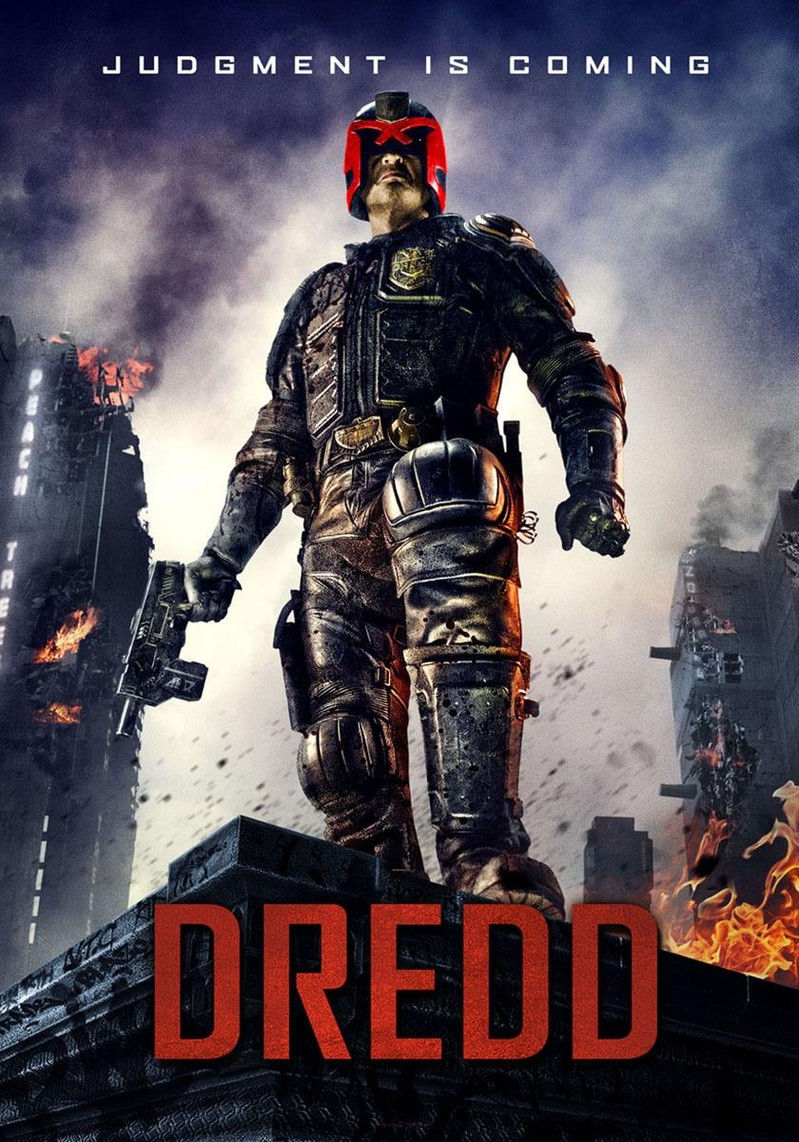- Jul 2, 2020
- 4 min read
A summer double feature to ease us all into the pandemic isolation of New York. Our book pairing turned out to be extremely well aligned in technology, cultural context, and temporal context. The disturbingly dim investigation of human agency in an age of massive data and ubiquitous computation explored in New Dark Age by James Bridle sits well with our current world crisis. Humanity's resistance to the horrors of war and anxiety about the unpredictability of weather kicked off over a century of computation, computerization, and computerization of our lives. We have collectively resigned our culture and daily lives to the data wardens of Google, Amazon, Microsoft and world governments as digitized bio-metrics become a Timothy Morton hyperobject. The book explores many more dark aspects of the insidious nature of technology that is leading to an age of obfuscation and willful ignorance where anything and nothing is real in the simulation. And this is where Exploded View ties in so nicely. A delightful procedural detective story at heart with a massive distributed conspiracy riding underneath. The darkening world painted by Sam McPheeters paints a bizarre near future full of powerful technology, exaggerated class strife, endless amusements, and thermo-nuclear refugees to glue everything together. Reality is completely mutable since it is over-saturated by computation and systems of simulation beyond the conceptual capacity of any individual. Computation is out of control and completely integrated, no one is paying attention and nothing is real, not even your memories.

No more risk of spoilers and the group highly recommended the fun and fast paced story of Exploded View. If you are up for a more disturbing journey into our simulated reality then I do think New Dark Age is a great parallel (I read then side by side over a few weeks, switching back and forth between them to slow down the fun or smooth out the terror). One issue with a double feature is that if not everyone reads both books (there were a lot of availability issues with the pandemic shutdown) then it is hard to have a rich discussion without revealing too much. As the books slowly arrive hopefully everyone can stat to catch up as we move into our next book.
---
For July 202 we are reading Octavia Butler's Parable of the Sower



---
With the important bit out of the way, now we can get on to the fun bits, tv shows, movies, and other media for entertainment consumption. Feed us our realities. That is, if I can find my notes, they have to be around here somewhere, my desk is not that big...
..ah there they are, safely tucked away inside Exploded View, because I like paper books and even remotely I bring them to the meeting in case I want to read a few lines.
We felt that Exploded View had some parity with the 2012 D.R.E.D.D. movie (at least during the Downtown tower raid scene. This was a slight upgrade form the 80s version that led to the masterpiece of Demolition Man, currently showing a strong possibility of predicting our near future.



EV also reminded us of Charles Strauss's Halting State, which we read 7-8 years ago. The ever present integrated tech visor is nothing new, but when Google glass failed to launch it slipped away for awhile. Hardware is making a comeback as computers get smaller and batteries better to allow us to leave the retro steam punch tech modder aesthetic and enter the sleek future we always wanted (or were sold by Apple?).

(thank you for the retro sci-fi deck Paul)
We have also added a movie pairing to our book, though calling it a pairing might be offensive to the book, it is more of a side project. Everyone give Rock-afire Explosion and prepare a 500 word reflection for our next meeting

While that might be a lot of nerdy fun (this is skyfi), we also chose a more serious movie to watch this month.
---
Phantasm
---

Currently streaming on Amazon Prime
--- Some other movie candidates were:
Captive State

Jurassic Galaxy

Swamp Thing (and the Return)


Stay Tuned

maybe paired with The Running Man

The group agreed that its hard to have commical scifi, some going as far as proclaiming and emphatic NO FUNNY SCI-FI (it just doesn't work to have nerd humor aware of itself, at least not since the 80s). While I didn't love teh movie version of Hitchhikers Guide to the Galaxy, the books were a great read back in high school. Plus there is this...
(also from the 80s)
BBC - https://www.imdb.com/title/tt0081874/ - also on Prime
...and maybe Galaxy Quest

---
There was a lot of talk about Scandinavian crime dramas (movies, shows, and books), but I wasn't paying too much attention as I was trying to remember the name of the author of the Harry Hole books - Jo Nesbo. I ran through his Oslo detective series a few years back on recommendation of a friend. Fits in well with the Richard K Morgan hard boiled vulnerable hero style. I did grab a few other notes about some things to check out:
Trapped (Iceland)


The Killing (Danish)
Midnight Sun (Swedish) - also a book by Jo Nesbo, but I don't think they are related.


---
Everyone seemed to give the new 3rd season of West World two thumbs up. I have a lot of catching up to do since I have only seen the 70s original staring Yule Brenner.




I came across the new telling of H.P. Lovecraft's Color Out of Space staring Nicholas Cage. It is actually a pretty good adaptation and expansion of the original story.


A few more highlights, by my memory is fading and my time is waning.
The Hunt

Chopping Mall
Bloodshot (not fans)

Pitch Black (a classic that kicked off the amazing Riddick series)




I can feel my attention fizzling, but there was another interesting candidate for future reading.
---
There There!! by Tommy Orange

(endorsed by Margaret Atwood via twitter - promising)
---
That's what I got this time around. I know there was a lot more, but my mind was elsewhere (i''ve been deep diving into consumer computer tech to update myself on the state of PCs - more on that later).
Time to get out of the house and support local bookstores, I am excited for my afternoon walk to The Strand to pick up my copy of Octavia Butler's Parable of the Sower.
Read on!
























































































































































































